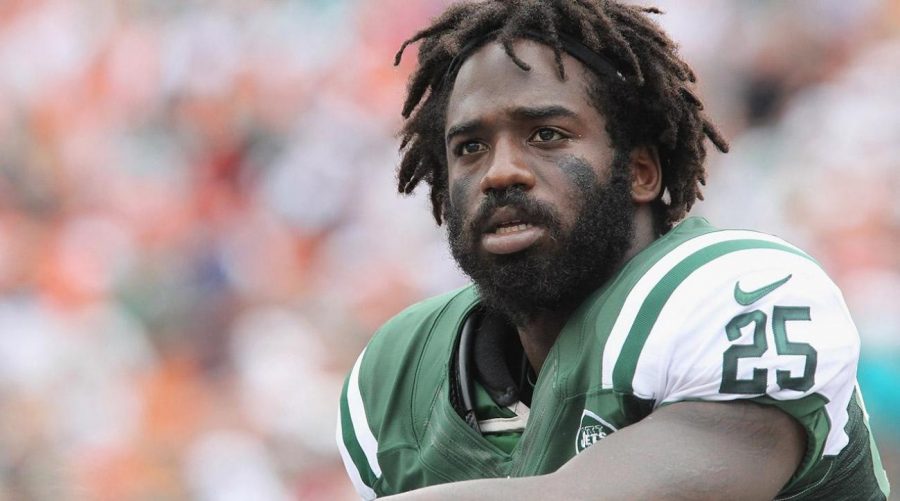On December 1, former New York Jets running back and University of South Carolina (USC) standout Joe
McKnight was tragically shot and killed in an apparent road rage incident in Tarrytown, Louisiana.
The former NFL player was only 28 years old when he was shot by 54-year- old Ronald Gasser at an
intersection. The two were reportedly seen arguing before Gasser pulled out his gun, shooting McKnight
twice. Gasser remained at the scene, turned his gun in and was taken into custody. He released without
charges the following day, a puzzling decision. Gasser had been charged with road rage before in the last
ten years.
McKnight’s unexpected and tragic death shocked the sports world and anyone that had the chance to
meet McKnight. Though he played for the Jets and Kansas City Chiefs, McKnight was never a star in the
NFL. But, as a high schooler in Louisiana, McKnight took the country by storm with his speed and agility.
Arizona Cardinals safety Tyrann Mathieu reflected on this, saying “Growing up, everyone wanted to run
the ball like Reggie Bush, but in Louisiana, we wanted to run the ball like Joe McKnight.”
In his junior season, shortened by the impact of Hurricane Katrina, he scored 22 touchdowns and did it
rushing, receiving, returning, and picking off passes. He was a jack of all trades on the football field, and
the following season he scored 30 times en route to a 14-0 season.
McKnight decided to play college ball at USC, an unpopular move for his hometown fans that hoped he
stayed in Louisiana and went to Louisiana State University. A 5-star recruit, McKnight was already
drawing comparisons to Reggie Bush when he committed to USC. He enjoyed a solid collegiate career,
but one that never lived up to the hype of the “next Reggie Bush.” Medical problems, fumbling issues,
and an NCAA violation all hampered McKnight’s success in his three year stint at USC.
The Jets selected McKnight in the fourth round of the 2010 NFL Draft. He showed up to training camp in
less than his top condition, throwing up at rookie minicamp and continuing to have fumbling problems.
Despite a scare, McKnight would ultimately make the Jets roster. He was used in a utility role and even
as an emergency cornerback, but in his first NFL start he ran for 158-yards on 32 carries, with no
fumbles. In 2011, McKnight returned a kickoff 107-yards for a touchdown, still the longest play in Jets
history. In 2012 he continued returning kicks, playing cornerback, and running the ball, but was released
following the season. He would play for the Chiefs in 2014 after taking 2013 off.
The last leg of McKnight’s career was in the CFL. His first team cut him due to fumbling issues, but he
found some success with the Saskatchewan Roughriders, amassing 228-yards on 38 carries in three
games.
At 28 years old and already resorting to the CFL, McKnight’s NFL playing days appeared to be over. The
running back enjoyed a solid career and a chance to play the game he loved on the world’s biggest
stage. Still, many wonder why McKnight’s brilliance in high school and college never really translated to
the NFL.
Even if his football career was coming to a close, McKnight had the rest of his life taken away from him
over a road rage dispute, and the sports world continues to mourn his loss.















